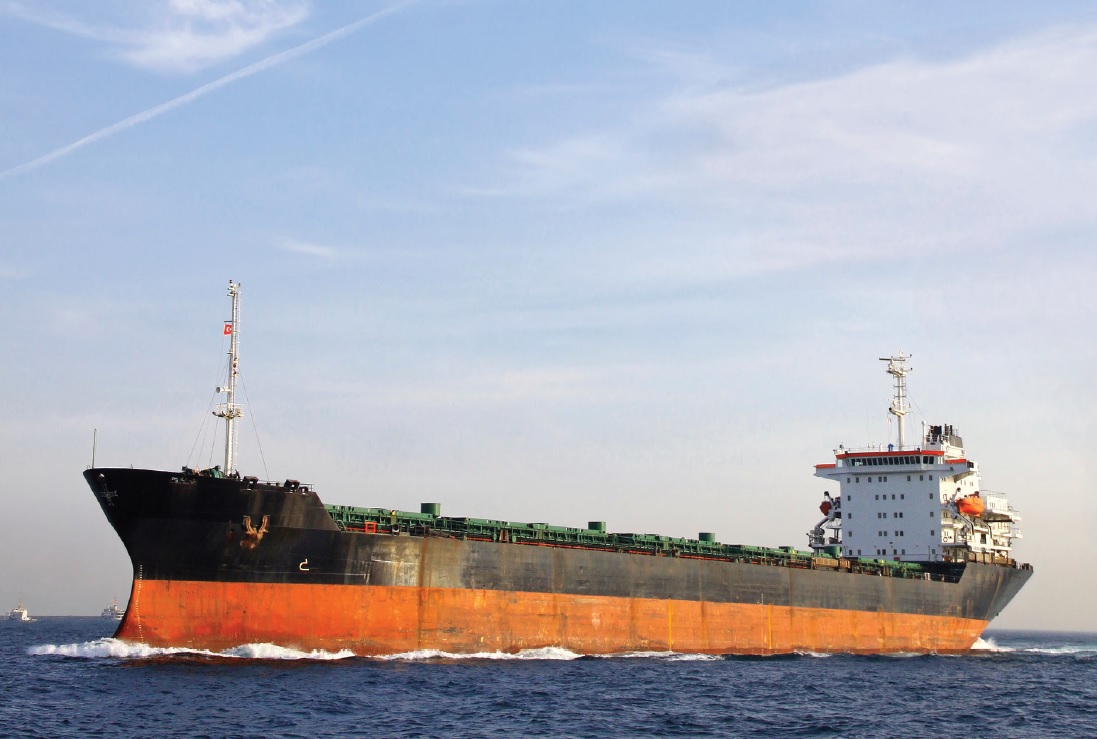
Make your voice heard for a permanent, comprehensive, legislated oil tanker ban before September 30, 2016.
We’re getting close. After decades of work by the West Coast Environmental Law Association and our allies to uphold and legally entrench an oil tanker ban on the north coast of BC, Transport Minister Marc Garneau recently confirmed that the federal government will be formalizing the Pacific north coast oil tanker moratorium within the next few months. Federal legislation will complement an existing tanker ban imposed by Coastal First Nations as a matter of their own jurisdiction and laws.
But the devil is in the details. The key components of the oil tanker ban have yet to be determined, including what legal mechanism will be used to implement the ban, where it will apply, what it will prohibit and whether it will be long-lasting or temporary. These details will make the difference between an oil tanker ban that ensures strong, lasting protection for the Pacific north coast, and a moratorium that is little more than a publicity stunt. Fortunately, Transport Canada is asking for public input on these important details, and now is the time to have your say.
Transport Canada has set up a website for the public to submit comments on the key issues to be addressed in the oil tanker moratorium: http://www.letstalktransportation.ca/crude-oil-tanker-moratorium.
Comments will be accepted until September 30, 2016. You will need to register in order to submit a comment, which simply involves entering your name, email address and the first three characters of your postal code, as well as creating a password.
Transport Canada has released a discussion paper that considers some of the issues, which is titled “Marine Transportation in Canada Discussion Paper. West Coast has published our own FAQ document that sets out in detail our views on the key aspects of the oil tanker ban.
We encourage you to read our FAQ and let Transport Canada know what you think a strong oil tanker ban must look like. If you’re in a hurry, West Coast’s key points boil down to the following:
- The oil tanker moratorium must be legislated by an Act of Parliament.
- The legislated oil tanker moratorium must not contain a sunset clause or expiry date.
- The legislated oil tanker moratorium must at minimum apply to all of Hecate Strait, Dixon Entrance and Queen Charlotte Sound, as set out by the Prime Minister in the Mandate Letter of the Minister of Fisheries, Oceans and the Canadian Coast Guard.
- The legislated oil tanker moratorium must comprehensively prohibit ships carrying oil in bulk as cargo, while allowing necessary shipments of fuel to coastal communities.
We hope you feel inspired to draw on our FAQ document and these points in making a submission to Transport Canada about what the oil tanker ban should look like. This is a once-in-a-generation opportunity to pass a law that keeps BC’s sensitive and biodiverse northern waters and the territories of Coastal First Nations free from oil tankers, and the federal government needs to know that Canadians are paying close attention.
By Gavin Smith, Staff Counsel